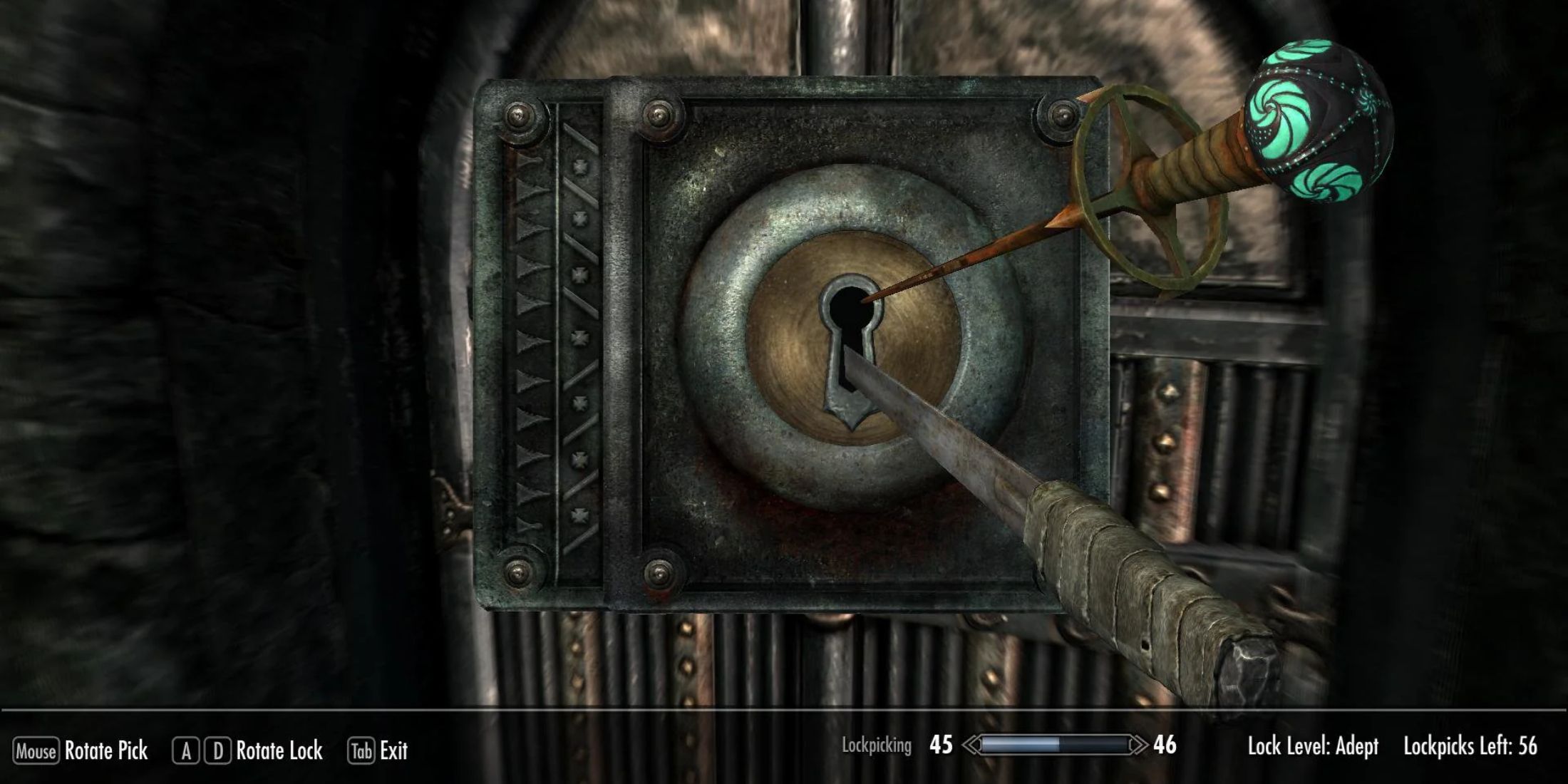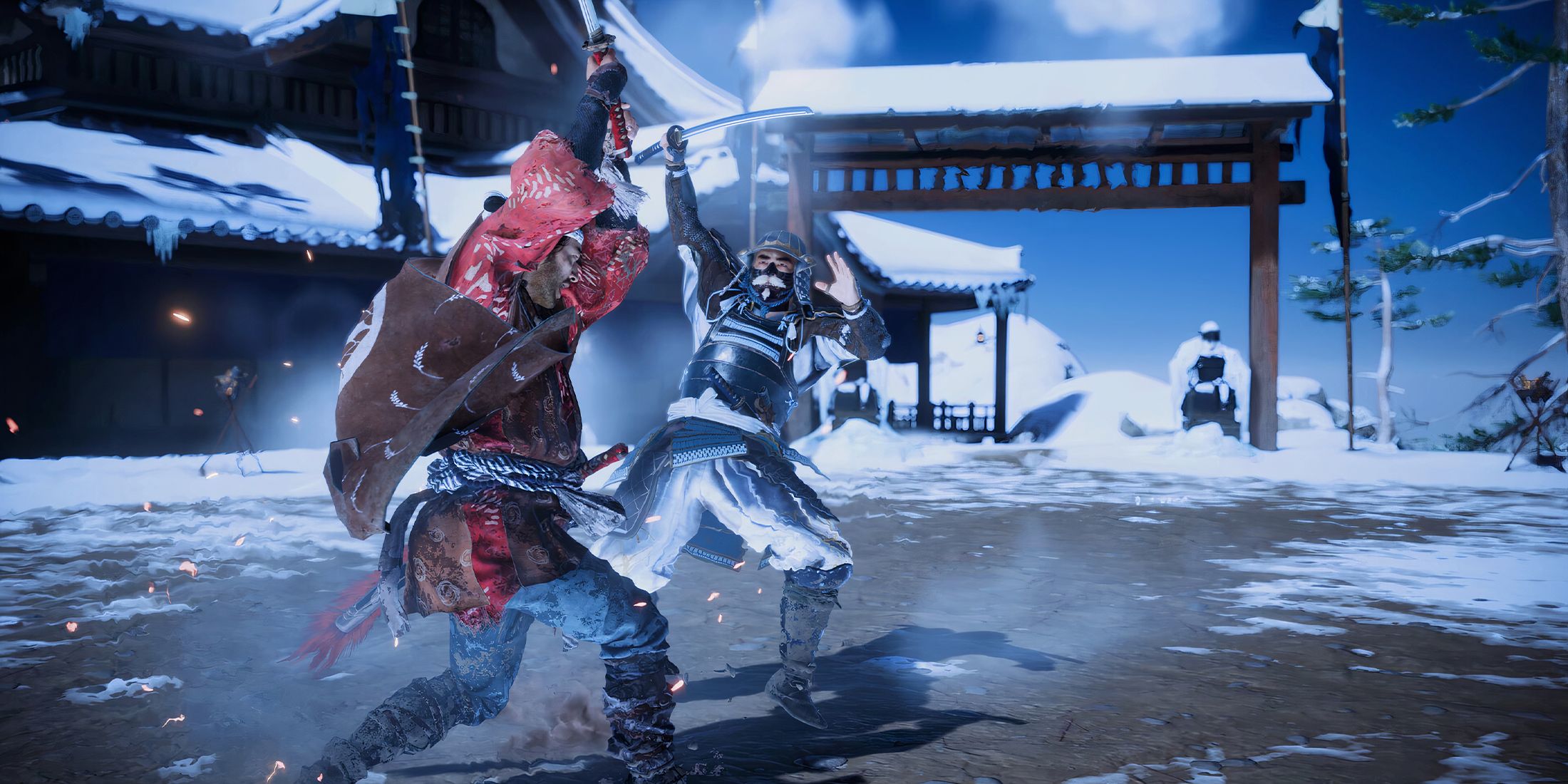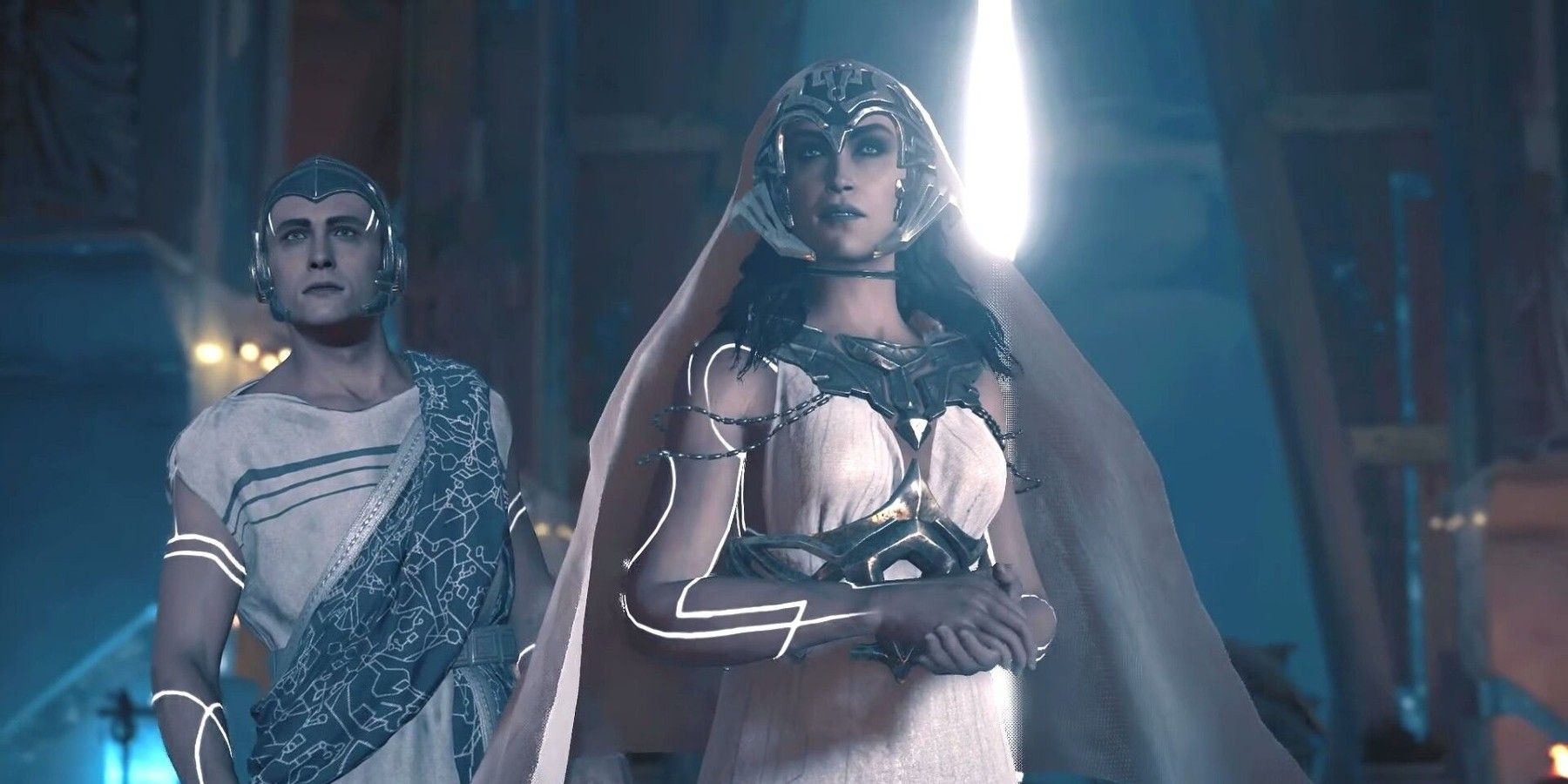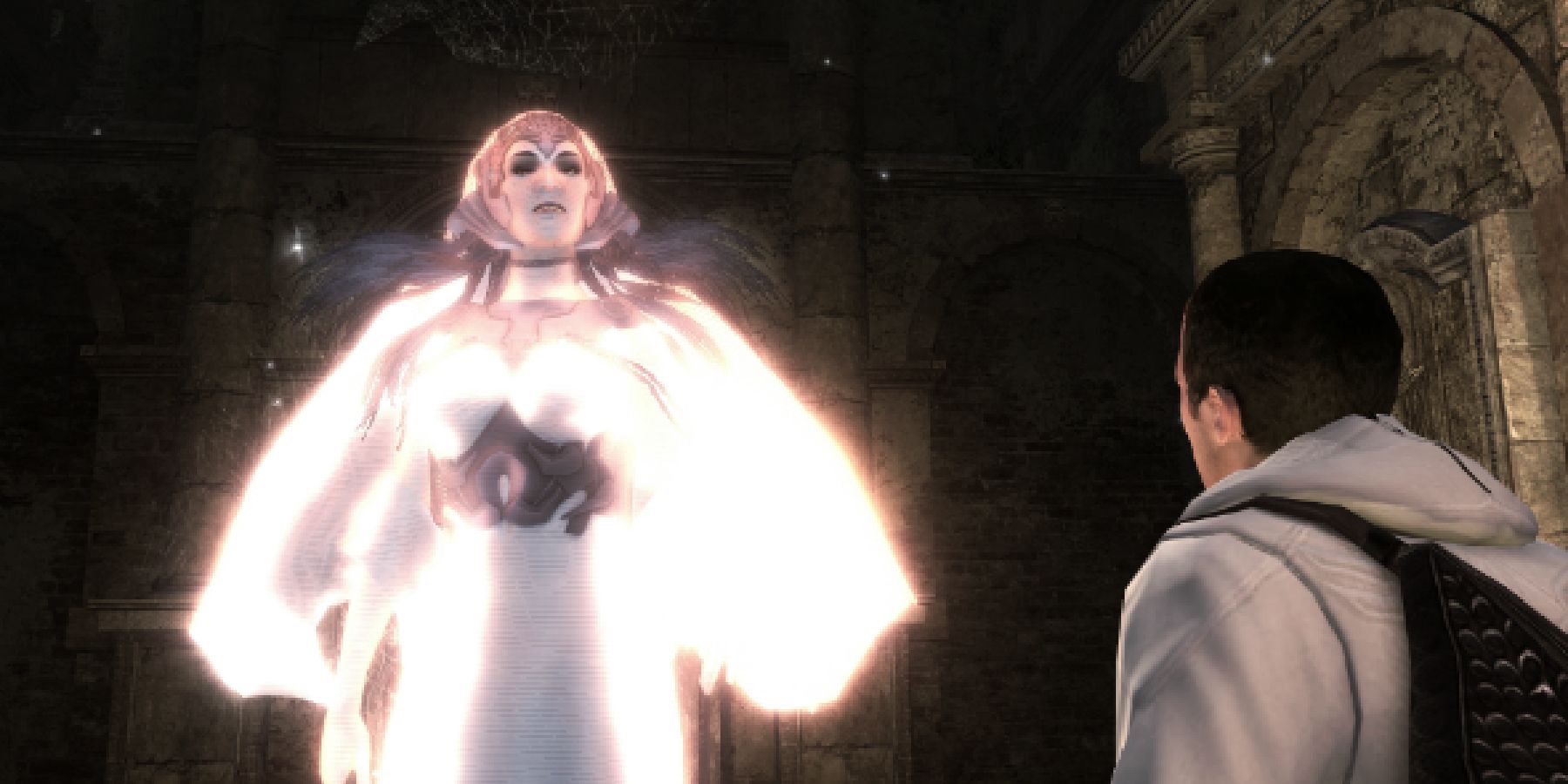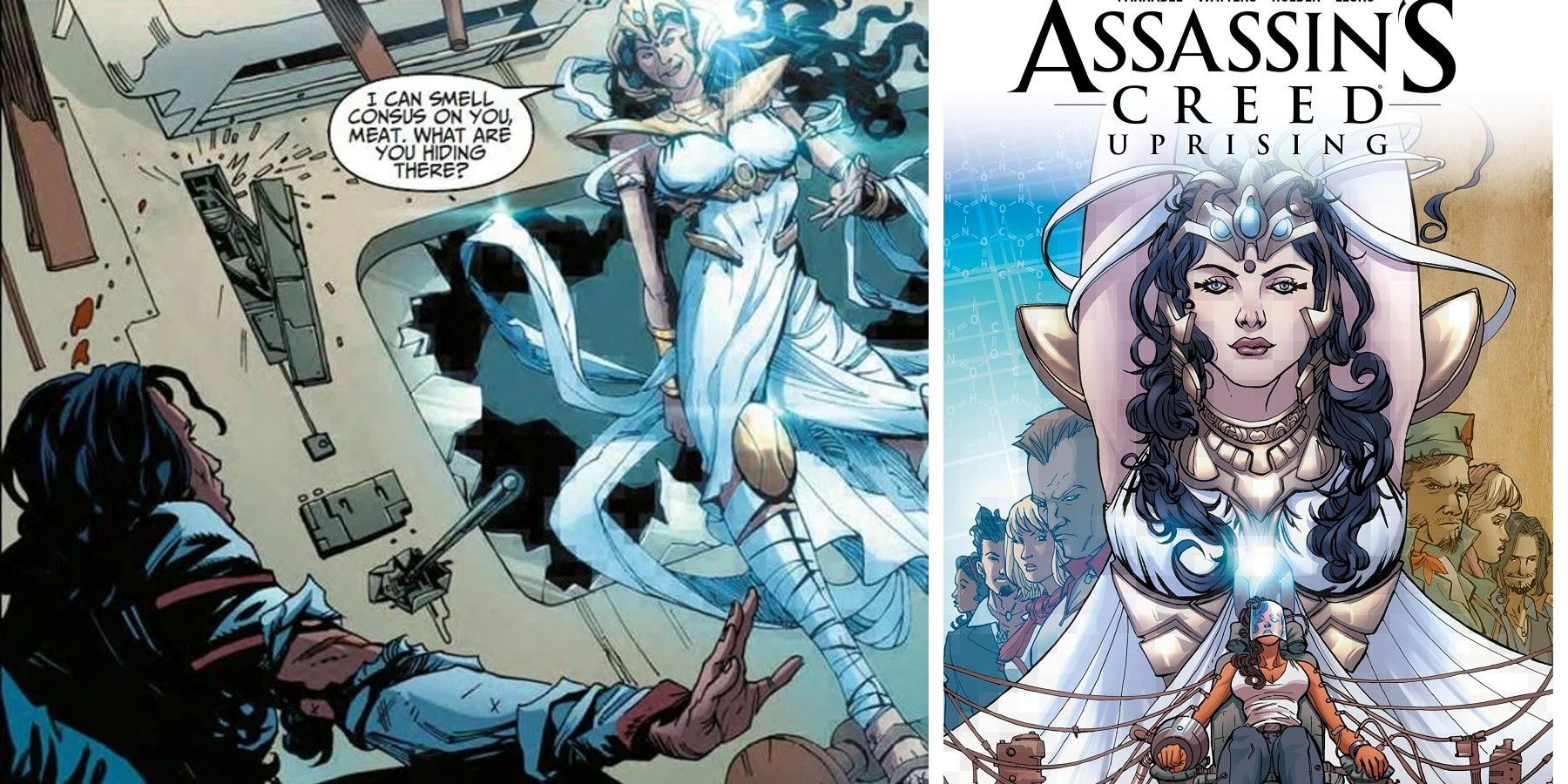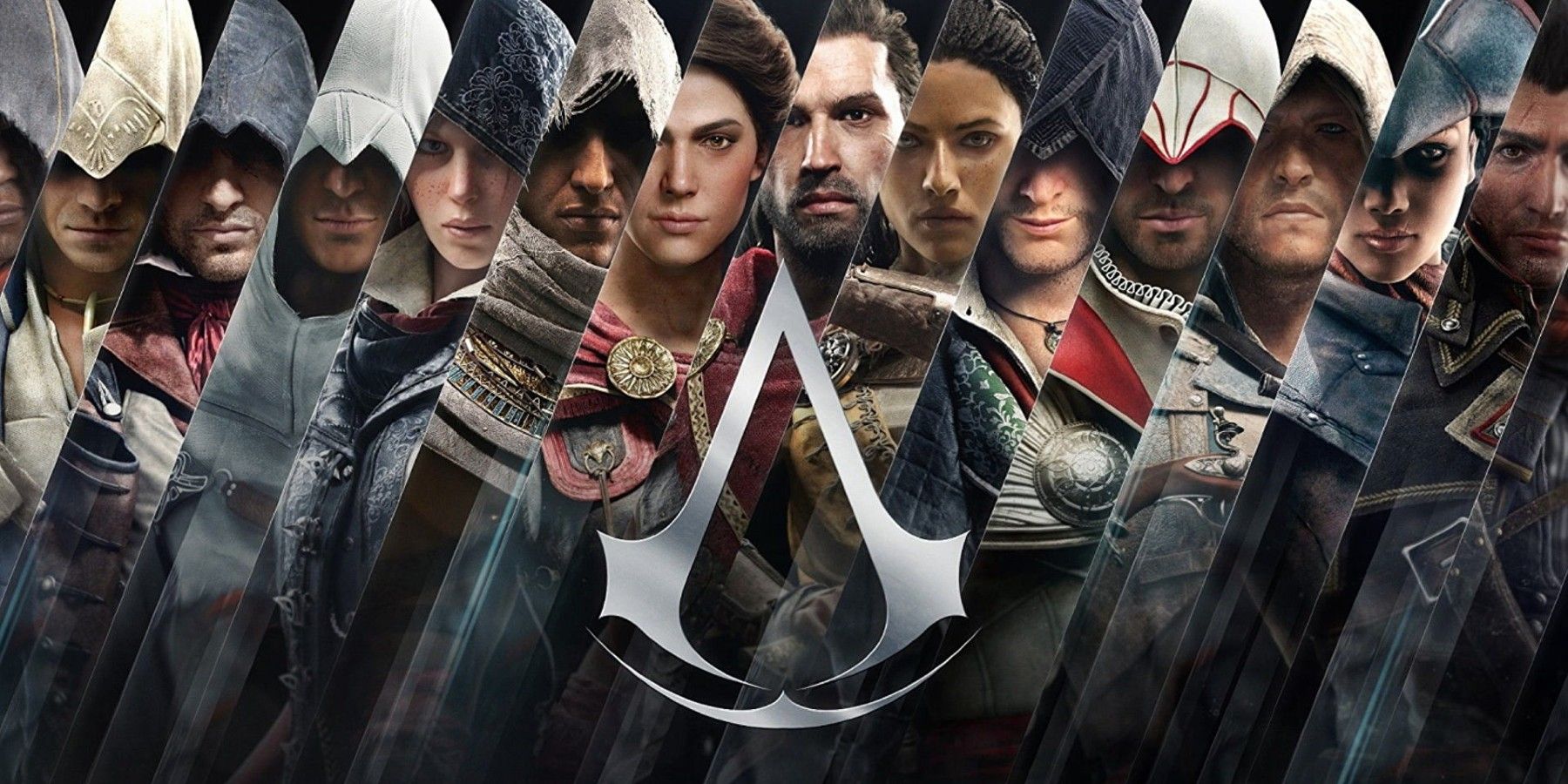With twelve major installments, multiple spin-offs, comics, and novels, fans would be forgiven for struggling to keep the story of Assassin's Creed straight. The release of Assassin's Creed Valhalla in 2020 marked the third game in the saga of ex-Abstergo employee Layla Hassan, with previous games following either Assassin descendant Desmond Miles or a collection of Assassin initiates and Abstergo employees. To complicate matters still further, narrative elements hardly ever cross over into subsequent Assassin's Creed games in significant ways, as the settings shift constantly and a never-ending array of new villains get introduced in each installment.
One aspect of Assassin's Creed's overarching plot that ostensibly features throughout the series is the Isu. Juno is one of this group's most infamous members, and she plays a large part in the early games of the franchise. However, considering how important she is for the majority of initial games, Assassin's Creed took an unusual step when it came to bringing her dramatic story to a close. Instead of settling it in-game, Juno's fate was pushed to the sidelines and explored in the Assassin's Creed comics in a bizarre move.
Juno's Journey In The Assassin's Creed Games
The modern sections of the Assassin's Creed games and their focus on the Isu aren't usually the most popular parts of each title, depending on the particular audience's likes and dislikes of course. When the ancient and highly-advanced species that created the Pieces of Eden and mankind are involved, things can get a little convoluted. Juno, a key member of the Isu, became a main antagonist throughout the first few games in the series thanks to her hatred of humanity and her belief in their destined subservience.
She was part of the Isu's attempts to avert a major natural disaster, and she also built several underground Temples along with Jupiter and Minerva where they waited out the human-Isu war. Juno was constantly scheming, trying to formulate plans in order to prevent humanity from taking over the world, and once these various plots became known to her fellow Isu, her consciousness was eventually imprisoned in the Grand Temple. Despite her mental prison, Juno was still able to manipulate events beyond the confines of her cage, leaving breadcrumbs to follow so that she could eventually be freed.
After Juno succeeds in her plans to manipulate Desmond to free her in Assassin's Creed 3, players might think that after she'd finally achieved her goal she would be a major antagonist in the later Assassin's Creed sequels. Juno's story continued in Assassin's Creed Black Flag through the introduction of Sages, with a few lore mentions thereafter, and the Instruments of the First Will – human reincarnations of her husband Aita and a cult hellbent on reviving the Isu they saw as gods, respectively. She also appears as a memory in AC Odyssey. For the most part, however, Juno's presence in the game dwindled more and more as new installments were released, leaving players to wonder what had happened to her and a handful of plot threads left unresolved.
Her Story Continued In Assassin's Creed Comics
Many fans may not have known that Juno's story was finished in the Assassin's Creed Uprising comic series, which was released around the same time as Assassin's Creed Origins. The comics follow Desmond's illegitimate son Elijah, who was a Sage, and a modern-day Assassin named Charlotte De La Cruz. Charlotte attempts to foil the plans of the Instruments of the First Will, who are trying to find a powerful Piece of Eden known as the Koh-i-Noor to create a corporeal body for Juno.
While they succeed in creating a body for Juno, she is betrayed by Elijah and finally slain by Charlotte, effectively bringing her long and tumultuous storyline to a close. This seems like a pretty lackluster ending for a foe that was fairly instrumental in the earlier games, and resolving it in the Assassin's Creed comics inevitably means that the vast majority of franchise fans will miss out on it altogether. The comics also left plenty of loose ends, as Elijah disappears with the Koh-i-Noor and hasn't been seen since, but considering the fast and loose approach the series has to storytelling, it's yet to be determined whether he'll ever show up again.
How The Assassin's Creed Franchise Lost Its Way
Juno's relegation to the Assassin's Creed comics is indicative of a wider problem with the series' storytelling. While it's difficult to retain narrative cohesion across so many entries, the overarching story has shifted so many times it's hard to know what's what. After Desmond Miles' story concluded, the series took a step back from focusing on the more modern aspects, and then doubled down on them again when they introduced Layla Hassan. The iterative nature of the Assassin's Creed games is also problematic and means that they never build towards a satisfying overall conclusion, even if they do allow for multiple settings and characters to keep things feeling fresh.
While the first five games that followed Desmond felt a little tighter in their modern-day narratives, it all started to unravel once they moved away from this formula and started to distance themselves from previously important characters like Juno. The overarching storyline began to feel bloated, setting up an intriguing plotline only to abandon it a game later and leave plot holes and mysteries unsolved. Apart from the Templar-Assassin conflict that still somewhat characterizes the many installments, there is a frustrating lack of cohesive storylines across each Assassin's Creed game, and this problem only seems to be increasing.
This can lead to franchise fatigue as Assassin's Creed fans tire of the same old formula and only occasionally updated gameplay mechanics. Ubisoft may be trying to mix things up with Assassin's Creed Infinity and its rumored live-service setup, as well as potentially going back to its roots with AC Rift, but this might be too little too late for some players.
Assassin's Creed Valhalla is available now for Google Stadia, PC, PS4, PS5, Xbox One, and Xbox Series X/S.

